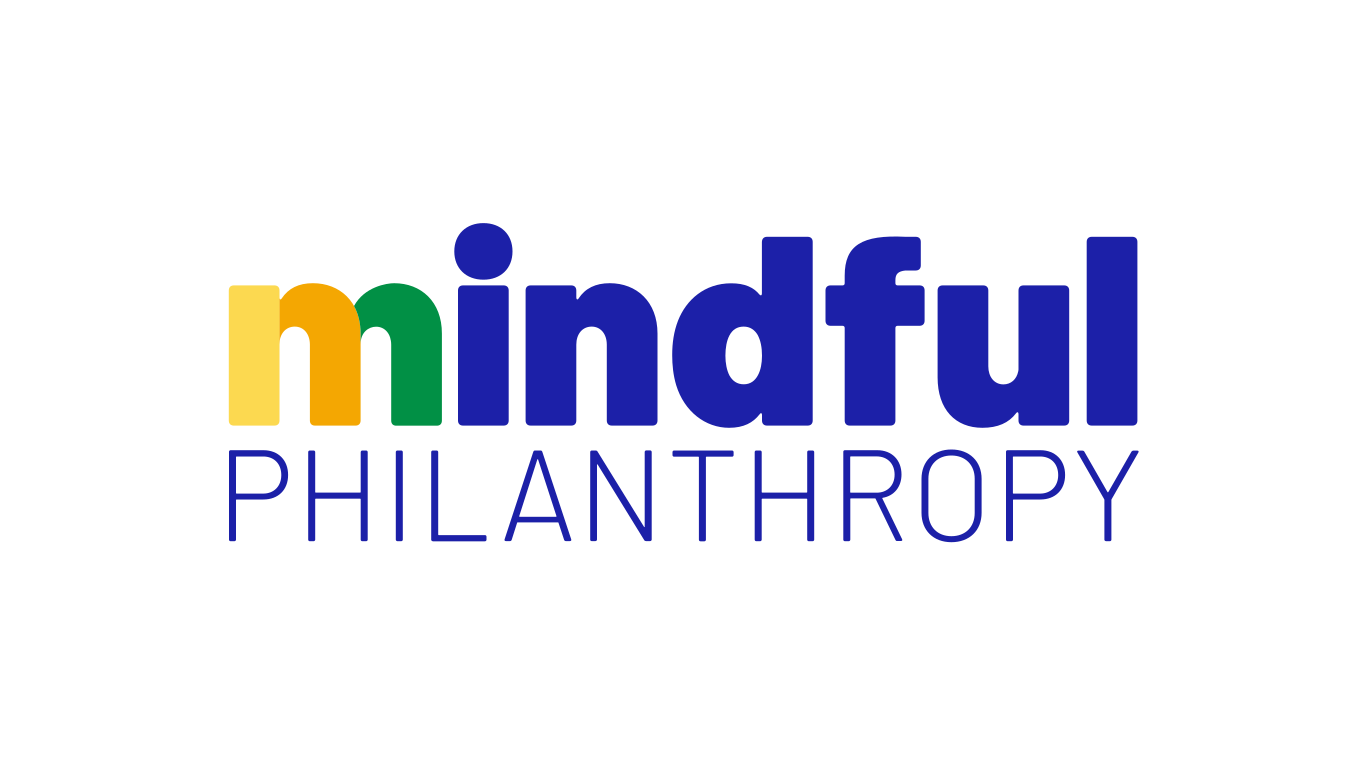A Call to Action for Philanthropy
Mindful Philanthropy, a nonprofit committed to advancing high-impact funding for mental health, has issued a call to action to multiply investments in mental health, addiction and well-being by five times — setting a goal of $35 billion of collective annual philanthropic giving to these issues by 2035.
This call to action follows the Activate 2023 conference, where more than 80 diverse funders and mental health experts collaborated to explore innovative approaches for making a meaningful impact on our country’s mental health landscape.
Flinn Foundation President and CEO Andrea Cole attended Activate 2023 as a member of the Mindful Philanthropy Board of Directors. “Philanthropy has the power to transform the experience and care of mental health, ensuring everyone can find meaning and purpose to thrive in their communities,” Cole says. “I encourage you to spread the word and encourage increased private investment in mental health.”
In October, Mindful Philanthropy released Mental Health at the Center, a snapshot of our country’s current mental health landscape, which makes the case for additional private investment. In November, Mindful Philanthropy released A Roadmap for Strategic Investment, which sets forth five priority areas and goal statements to support transformational change in how individuals access the care they need for mental health challenges. The power of philanthropy as a catalyst for change is essential for this transformation.
In the five priority areas of community, youth and their support systems, the mental health workforce, comprehensive crisis response and implementing what works, the roadmap offers key goal statements:

- Reinforce community structures to reduce social isolation, rebuild connection and provide the first line of support for all those in need. Community is essential for fostering positive mental health and well-being, yet half of adults report experiencing loneliness. In his book, Healing: Our Path from Mental Illness to Mental Health, Thomas Insel, M.D., former director of the National Institute of Mental Health, says that an individual’s ability to recover from mental illness is 70% dependent on three essential community factors: people, place and purpose.
- Equip youth and their support systems with the resources, skills and services necessary to prevent and address mental health challenges. Supporting parents’ and caregivers’ mental health at the same time as their child’s whenever possible promotes whole-family health. Funders can support community-based organizations that foster positive peer relationships and uplift spaces and programs that bring youth together around shared interests.
- Increase the availability and diversity of providers in the mental health workforce across the full spectrum of need. This will increase access to care and reduce the burden on existing providers. Sixty-four percent of U.S. counties report a shortage of mental health providers and more than half of behavioral health providers report experiencing symptoms of burnout. Philanthropy can focus funding to support culturally responsive and diverse pipeline of clinical providers. The increase of peer-based services is one promising model of support.
- Implement a comprehensive crisis system to support entry to care, prevent suicide and overdose and reduce pressure on ERs and jails. This is another area where philanthropy can make a difference, yet since the implementation of the national suicide hotline (988), funders have yet to determine the best route to measurable impact. By learning the local landscape, supporting coordination and alignment and emphasizing equity and learning, philanthropy can support the efforts to build a comprehensive system.
- Enable universal access to the gold standard models of mental health care — implementing what works — to alleviate issues with access, availability and quality. Philanthropy has the opportunity to support quality improvement through early-stage capital to increase evidence-based models, support technical assistance and increase awareness of policy and financing of implementation. One example is the Psychiatric Collaborative Care Model of serving the mental health needs of individuals.
There’s so much more to know. You can download Mental Health at the Center: A Roadmap to Strategic Investment to learn more about the investment priorities and watch the Nov. 14 webinar hosted by Mindful Philanthropy to unpack how philanthropists can be “disruptive in their funding” and make an even stronger impact in the years to come.


